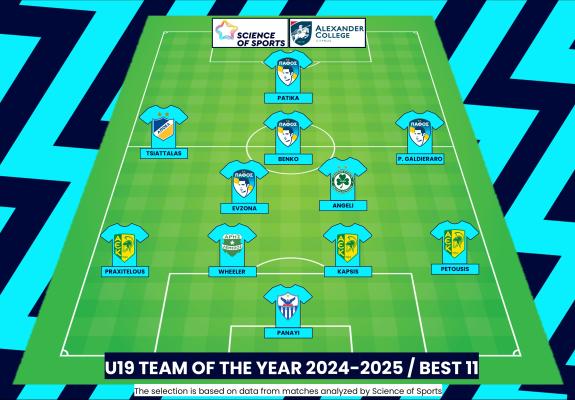Government Trapped by Its Own Promises as ATA Dispute Escalates
Conflicting Commitments to Unions and Employers Leave Labour Minister Struggling to Mediate
The government is struggling to find a way out of the deadlock it has created for itself through conflicting promises—made at different times—to both trade unions and employer organisations regarding the Cost of Living Allowance (ATA).
As Brief reports, these commitments now appear to hinder the Labour Minister’s ability to clearly assess the situation and act effectively as a mediator in what has become one of the most contentious issues between unions and employers.
Based on the current state of affairs, the public statements, backtracking, and the government’s vague messaging—combined with the completely opposing views and approaches of unions and employers—it seems that confrontation is inevitable.
It is evident that promises were made by the government, and specifically by President Christodoulides, to both sides. There is an audio recording in which the President thanks the SEK trade union for its support during the second round of the presidential elections. In that statement, the President said:
“This is not my first visit to SEK. It is perhaps my third or fourth time here to discuss serious challenges like the ATA. We have clearly stated our position in favour of its gradual restoration.”
On the other side, there is also a reported commitment made to the employer organisations—again by the President. Although no audio exists for this, the former President of the Employers and Industrialists Federation (OEB), Antonis Antoniou, referred to this understanding during OEB’s Annual General Meeting last week.
Mr. Antoniou cited an agreement between the President and the employer organisations to accept the April 2023 deal to increase ATA payments from 50% to 66.7%. According to OEB, President Christodoulides promised to later review or modernise the ATA system.
This claim was echoed days later by OEB’s Director General, Michalis Antoniou, on Astra radio. The trade union movement—which includes the leadership of SEK, PEO, PASYDY, and DEOK—believes that if OEB’s statements, made in the President’s presence, are true, then “the deck is stacked,” as SEK General Secretary Andreas Matsas told Brief.
Last week, as Brief reported, the Labour Minister held a separate meeting with the leadership of the four main unions as part of the agreed social dialogue process.
On Monday, he also met with OEB and the Cyprus Chamber of Commerce and Industry (CCCI). However, the meetings seemed aimed merely at confirming each side’s position, with the Minister refraining from expressing any opinion. Likely, his mediating role prevents him from doing so—especially given the presidential commitments, which may be complicating the process.
“The deadlock seems inevitable, given the current conditions,” commented PEO General Secretary Sotiroula Charalambous.

One critical element in the ATA dispute is the state itself, acting as an employer. The Ministry of Finance has not clarified its position on the ATA. It is worth recalling that after the agreement to raise ATA to 66.7%, there was significant debate. Finance Ministry technocrats, tasked with estimating the cost, calculated that from 2023 to 2025, the impact on state finances would amount to approximately €1.2 billion.
Finance Minister Makis Keravnos recently stated that any ATA agreement “will also be examined at the government level.” While Brief reported this, there has been no clarification on what exactly the Minister meant. His remarks triggered a response from the unions, questioning whether ATA is now being handled by “two different governments.”
“The social dialogue is conducted institutionally through the Ministry of Labour, and it is imperative that all social partners—including the state—respect the process,” said DEOK President Stelios Christodoulou to Brief.
In the coming days, the Labour Minister is expected to begin a new round of meetings with both social partners. A joint meeting is not ruled out, though it likely won’t be the final one—unless, for tactical negotiation purposes, the process is officially declared deadlocked.






